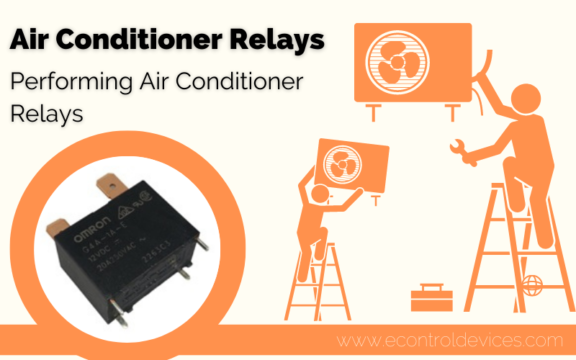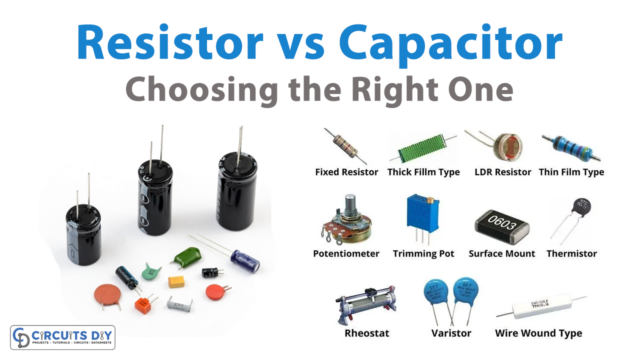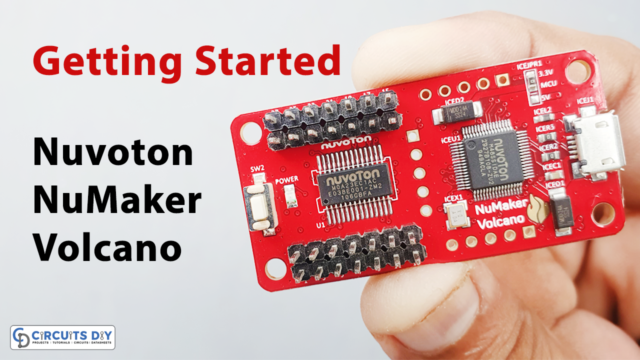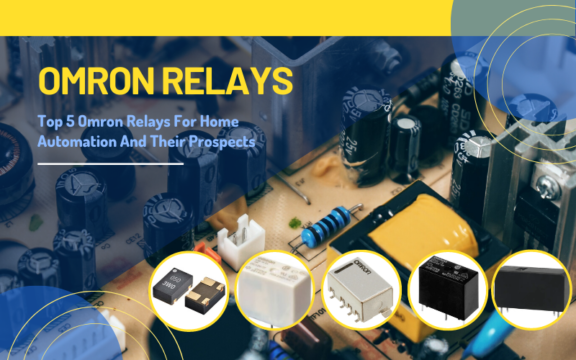Engineering is one of the fastest-growing college majors, and with good reason. Engineers are in high demand, and as higher education increasingly retools around STEM fields, engineering has received more resources than competing majors in the humanities. Engineers have a terrific job outlook because their jobs can’t be outsourced to A.I. the way so many humanities careers in communication and related subjects will soon be, nor can businesses make do with offshoring engineering or using lower-quality workers. Consequently, engineering is typically a well-paying career, which in turn brings in more students looking to join their ranks.
However, the engineering field also has a lot of work. Engineering is one of the most difficult majors for students to master. Let’s be honest: Math, the skills, and the body of knowledge are hard. For many students, excelling in engineering requires hours of daily study, endless homework assignments, and a constant fear of failure. On the other hand, mastering a new engineering skill produces great feelings of elation when you feel the pride of success and can congratulate yourself on the terrific job you’ve done developing your skills and learning even the hardest of concepts.
If you are a student studying electrical engineering, though, you probably recognize the value of getting in some extra practice to help you develop your skills and your knowledge. That’s why many students want to have their own electronic kits so they can practice their electronic engineering skills outside of the classroom, in the comfort of their home or dorm.
In this article, we’ll take a look at electronic kits for students and how they can help you to study or to do your engineering homework.
STEM Homework
If you are like many students, you may have trouble getting all of your STEM homework done. If that’s the case, you can always pay someone at an online service to help with your STEM homework. Simply by contacting a reputable service like MyAssignmentLab and asking them, “Will you help me do my assignment online?”, you will get access to experts who can guide you through every step of your assignment by creating model homework assignments for you that precisely address your specific homework topic to show you how to do it right.
Top Electronic Kits for Engineering Students
Successful students in electrical engineering have an intense passion and curiosity for the subject. Having your own electronic kit is a great way to explore your curiosity, practice your skills, and keep your knowledge sharp and fresh. From simple to complex, there are many types of kits that can help with your skills:
Soldering kit
A soldering practice kit is a good starting point for students who want to develop their soldering skills or learn how to solder. A typical kit includes a simple circuit with a set of instructions for building a device that creates a European-style siren sound with flashing LEDs. A good quality soldering kit also covers the basics of soldering, preventing shorts, and PC board repair. With some kits, you will also receive a desoldering exercise and a quiz to test your knowledge. When shopping for a soldering kit, you’ll want to look for one that includes tools like a soldering iron, wire cutters, and solder, but you’ll probably need to provide your own 9V battery!
Digital / analog trainer kit
If you’re looking for a kit to help you understand digital and analog circuits, a digital/analog trainer kit is perfect for you. A quality kit comes with built-in power supplies and a function generator, so you can start exploring theory right away. You will want a function generator that looks at continuously variable sine, triangle, and square waveforms. Most kits are quite portable, but, especially at the introductory level, you will want to look for one that has an easy-to-follow instruction manual. For this kind of kit, you will need to be sure you have a soldering iron, solder, wire cutters, and long-nose pliers to assemble it.
Sensor kit
There are many sensor kits to choose from. Playing with sensors is a great way to learn about and understand circuit design and logic. A beneficial simple sensor kit would include sensors and a microcontroller. You’ll want to look for a kit that comes with a guidebook of lessons to guide you through the process of learning about sensors and practicing working with them. Creating devices that respond to the environment is an intuitive way to learn, plus it’s just more fun, so you’ll want to find a kit that will help you to achieve this. For most kits, a USB cable and breadboard are included, as well as a motor and propeller. Better quality kits will include an LCD screen for displaying data.
Computer creation kit
At the more advanced level, you can buy a kit to build a simple computer. Building a computer requires knowledge of soldering, so be sure you have already mastered the soldering kit. Your computer kit will likely include a manual of lessons to help you build a computer step-by-step, from learning the binary and hexadecimal number system to understanding the way computer memories work. You’ll build your computer step-by-step and then finish by programming the machine that you assembled. At the electrical engineering level, programming involves soldering on switches rather than using computer code. Most computer kits provide the parts you’ll need but will require you to have some tools on hand, such as a Phillips screwdriver, long nose pliers, wire cutters, a desoldering pump, scotch tape, and a soldering iron and solder.












